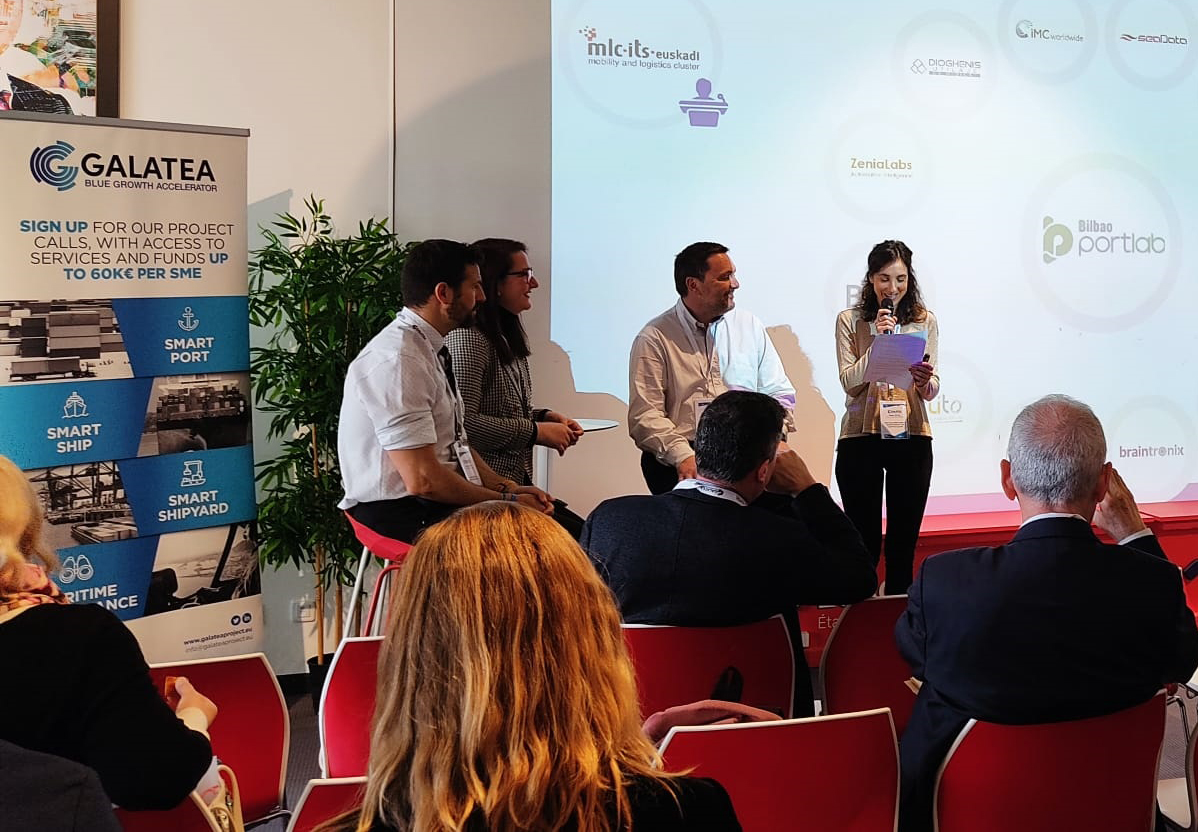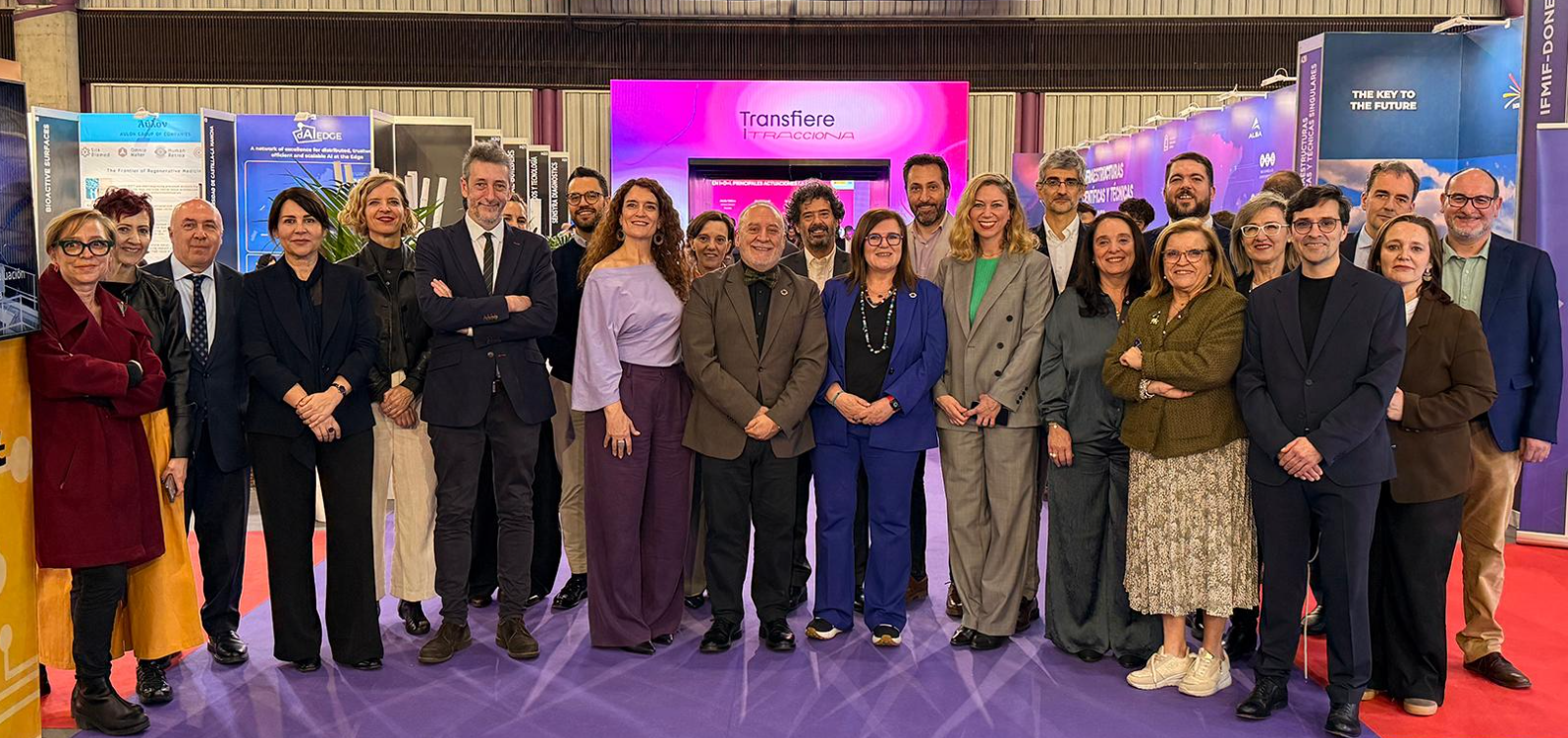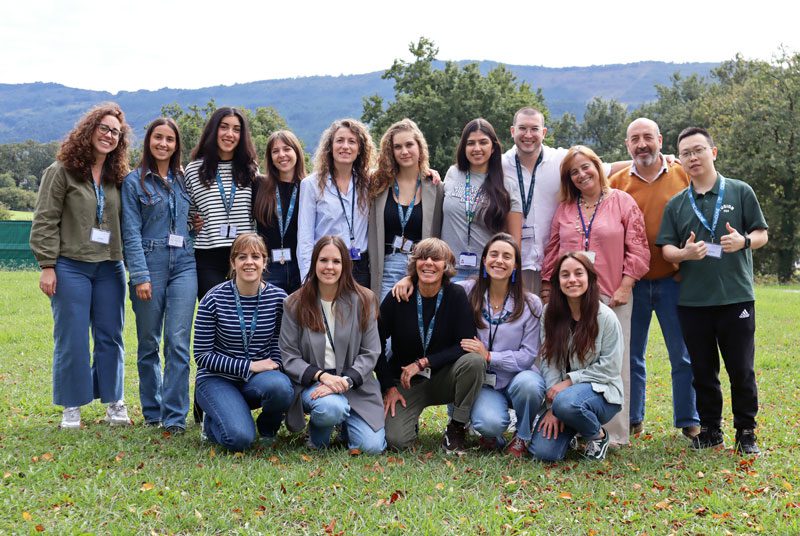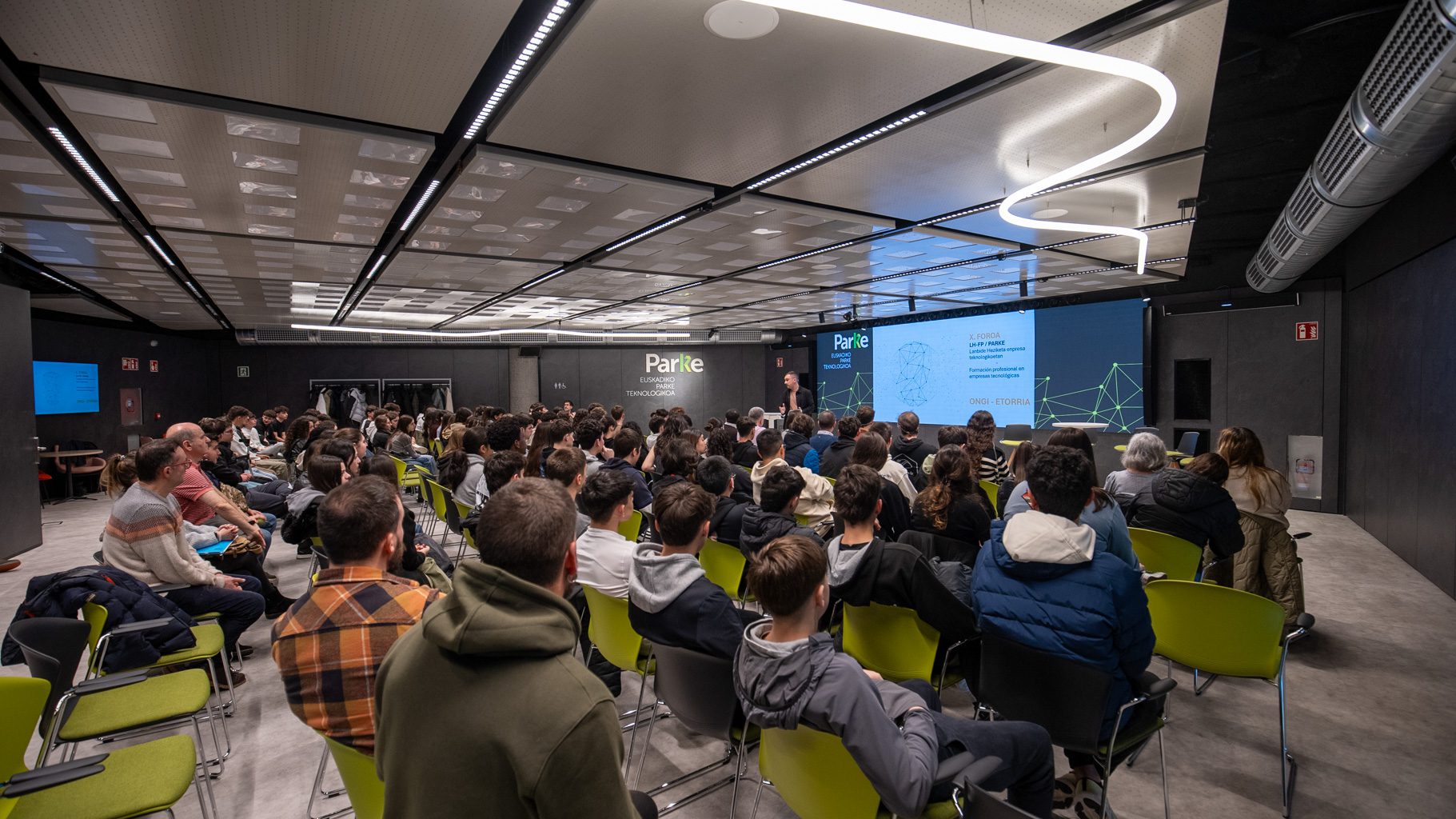The Mobility and Logistics Cluster of the Basque Country earmarks 730,000 euros of European funds for blue economy projects

6 initiatives managed by the Cluster have obtained 33% of the funds available in the Galatea project.
Cascade funding is a great opportunity to financially support innovative proposals from our SMEs with funds from the European Union.
 Recently, the final event of Galatea, a European project developed over three years and conceived as an accelerator for SMEs working in the field of the so-called “blue economy”, took place in Marseille. The project had 2.2 million euros earmarked for funding cross-border and cross-sector initiatives, of which 730,000 euros were allocated to proposals managed by the Euskadi Mobility and Logistics Cluster. The cluster has been part of the Galatea consortium, made up of seven other European counterparts from Catalonia, France, Greece, Poland and Romania.
Recently, the final event of Galatea, a European project developed over three years and conceived as an accelerator for SMEs working in the field of the so-called “blue economy”, took place in Marseille. The project had 2.2 million euros earmarked for funding cross-border and cross-sector initiatives, of which 730,000 euros were allocated to proposals managed by the Euskadi Mobility and Logistics Cluster. The cluster has been part of the Galatea consortium, made up of seven other European counterparts from Catalonia, France, Greece, Poland and Romania.
Funded by the European Union’s Horizon 2020 research and innovation programme, the aim of the project was to develop new value chains to boost innovation and cooperation in the field of “Blue Growth”. “Blue Growth is the European Commission’s strategy for economic recovery in Europe, through the re-launch of investment and technological innovation in areas related to the Maritime Economy or Blue Economy.
Within this framework, the Galatea project has allocated more than 2.2 million euros to 23 international proposals, of which 6 have been initiatives managed by the Mobility and Logistics Cluster of the Basque Country, which have obtained 33% of the available funds. “The projects that provide cascade funding are a magnificent opportunity to financially support the innovative proposals of our SMEs with funds from the European Union”, said Fernando Zubillaga, manager of the Mobility and Logistics Cluster. And he added: “As a cluster, we will remain attentive to this type of calls and consortiums to promote the participation of our companies”.
Ports, ships, shipyards and smart monitoring
The work supported was organised along four lines: smart ports, smart ships, smart shipyards and maritime monitoring. The Basque entities supported by this programme were the partners Izurun, Nuuk and Zenialabs, as beneficiaries. Together with them, the Cluster coordinated the participation of the companies Caponneto Hueber, Inkoa and SeaRebbel, as well as the collaboration of Bilbao Portlab.
The project in which Izurun was involved consisted of the optimisation of intralogistics port processes, using IoT technology, sensor technology and data analytics. Nuuk’s work was geared towards real-time monitoring of emergency situations, focusing on fire, rescue and oil spills. Zenialabs’ project sought to automate container inspection processes by applying artificial intelligence and robotics, among other technologies. The Caponneto, Inkoa and SeaRebbel projects aimed to improve the speed and range performance of hydrogen-powered passenger ships; to measure water pollution in real time and transmit it to the on-board system; and to provide an interface to facilitate an “easy navigation” concept, respectively.
Currently, the Mobility and Logistics Cluster is working on a total of 13 innovation projects worth 77 million euros. The funding obtained for their development amounts to 39 million euros, of which 2.3 million are earmarked for the Basque Country.




